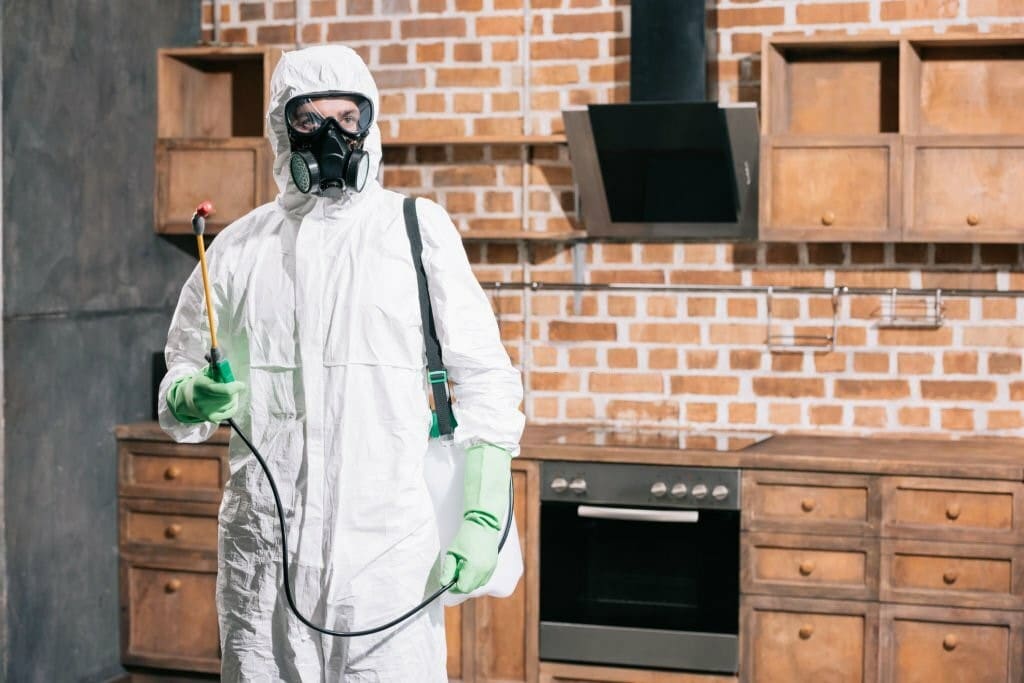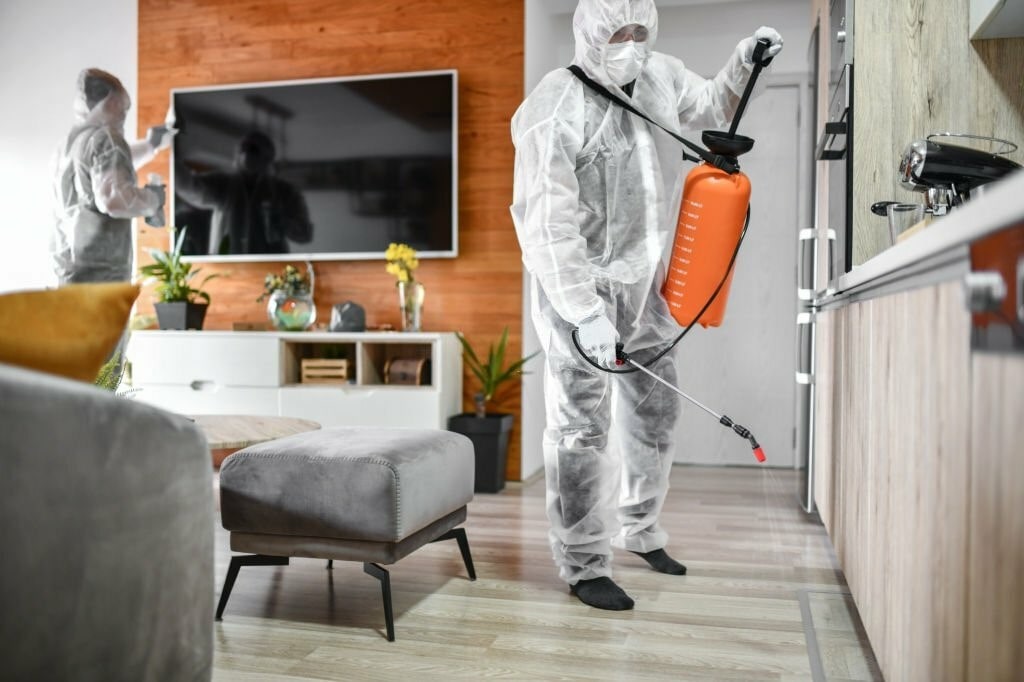Ensuring a fulfilling life involves prioritizing a pest-free living environment, an often underestimated aspect. Beyond physical threats, pests can harm mental health, a dimension often overlooked.
Additionally, practical tips will be provided to guide individuals on how to achieve and maintain a pest-free living environment. Understanding the profound impact a pest-free space has on both physical and mental health is the first step towards creating a harmonious and truly fulfilling living environment.
This article delves into the significance of a pest-free space, shedding light on why it is crucial for overall well-being. We’ll explore the potential harm pests can inflict on our mental health, emphasizing the need to consider this aspect seriously.
The Impact of Pests on Our Health
Pests have a significant impact on our health, acting as potential carriers of diseases and posing risks to our well-being.
- Risks to Physical Health: Pests, whether they are insects or rodents, can carry diseases directly endangering our health. For example, mosquitoes can transmit illnesses like malaria and dengue fever while rodents may harbor bacteria and viruses. To prevent the spread of these diseases effectively, it is essential to create a living space that’s free from pests.
- Effects on Mental Well-being: Dealing with intruders constantly leads to stress and anxiety which can result in sleep disturbances, increased irritability, and an overall decreased sense of comfort. Therefore maintaining a pest space becomes crucial, for fostering mental health.

- Structural Damage to Property: Certain pests, like termites, pose a threat to the structural integrity of buildings. Infestations can lead to extensive damage, compromising the safety of the living space. Preventing pests is not just about mental health but also about preserving the physical structure of the property.
- Negative Impact on the Immune System: Constant exposure to pests can hurt the immune system. The stress associated with dealing with infestations can weaken the body’s ability to fend off infections, making individuals more susceptible to illnesses. Maintaining a pest-free living space is a proactive measure to support a robust immune system.
Creating a Pest Free Living Environment
Creating a pest-free living environment involves proactive measures such as sealing entry points, maintaining cleanliness, and investing in professional pest control. If you would like to know how to make your home a healthier and pest-free environment, click here.
- Sealing Entry Points: The first step to ensure a pest living space is. Sealing any potential entry points. Common access areas for pests include cracks in walls, gaps around windows, and openings in doors. By sealing these areas not can we prevent pests from entering. We also improve energy efficiency.
- Maintain Cleanliness: Another crucial aspect is maintaining cleanliness. A tidy living space is less appealing to pests. Regular cleaning, waste disposal and promptly addressing standing water are measures to deter pests. It’s important to clean up food crumbs and spills promptly to reduce the likelihood of attracting insects and rodents.
- Invest in Pest Control Measures: Investing in pest control services can provide tailored solutions for pest issues. Regular inspections and preventive treatments create a barrier against infestations. For those seeking toxic alternatives, natural and eco-friendly pest control methods are gaining popularity.
- Natural Deterrents: Certain plants and natural substances act as deterrents against pests. Planting herbs like mint, basil, or lavender around your home can repel insects naturally. Essential oils such as citronella, and tea tree oil can be used as remedies to discourage pests.

Benefits of Having a Pest-free Living Space
A pest-free living space ensures a healthier environment, reducing the risk of diseases and allergies. It also promotes peace of mind, allowing residents to enjoy their homes without the disruptions and discomfort caused by unwanted pests.
- Physical Health: Maintaining a living space from pests directly contributes to better physical health. It significantly reduces the risk of diseases that pests can transmit creating a healthier environment for residents.
- Enhanced Mental well-being: A pest-free living space has effects on well-being by reducing stress and anxiety levels. It creates an environment that fosters peace of mind and better quality sleep ultimately improving health.
- Increased Comfort and Productivity: Living in a space without the annoyance of pests enhances comfort. Boosts productivity. With distractions from intruders, residents can focus on their daily activities more efficiently leading to a more relaxed lifestyle.
- Long-term Cost Savings: Preventing pest infestations through proactive measures not only protects health but also translates into long-term cost savings. Avoiding the expenses associated with pest control treatments and potential healthcare costs due to pest-related illnesses becomes a financial benefit of maintaining a pest-free living space.

Conclusion
In conclusion, establishing a living environment conducive to overall well-being and positive mental health is paramount. Implementing practical measures, such as sealing entry points, maintaining cleanliness standards, and investing in effective pest control methods, becomes the foundation for a pest-free space. The peace of mind derived from a pest-free environment allows individuals to focus on their daily activities without the burden of constant stress, fostering comfort, productivity, and an overall enhanced quality of life.






